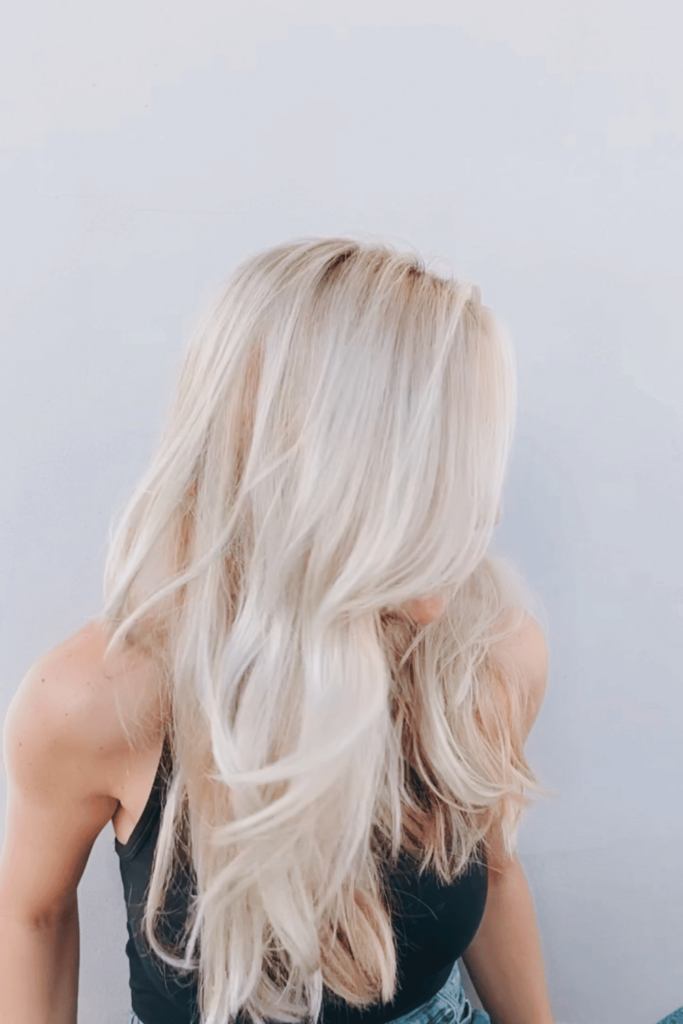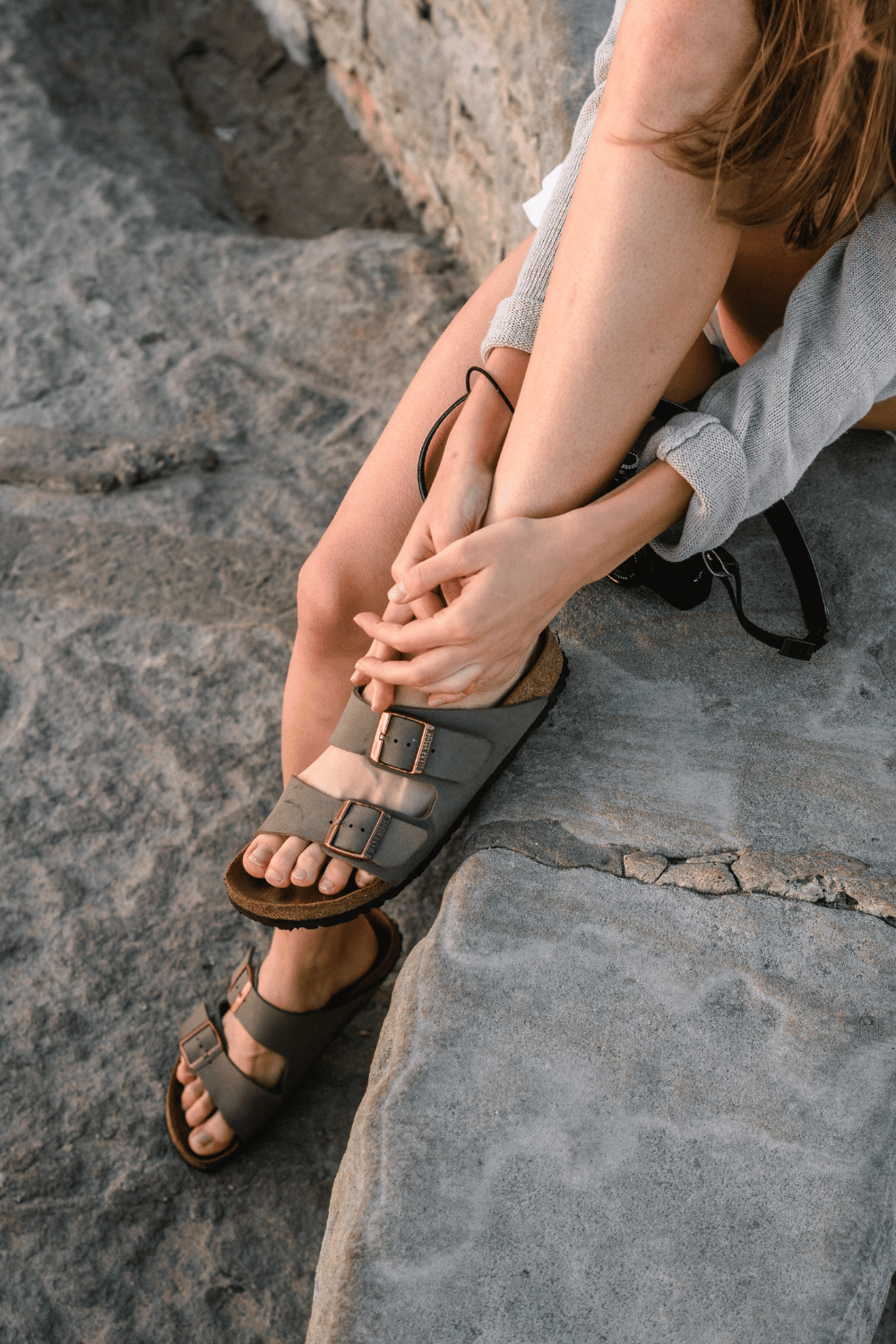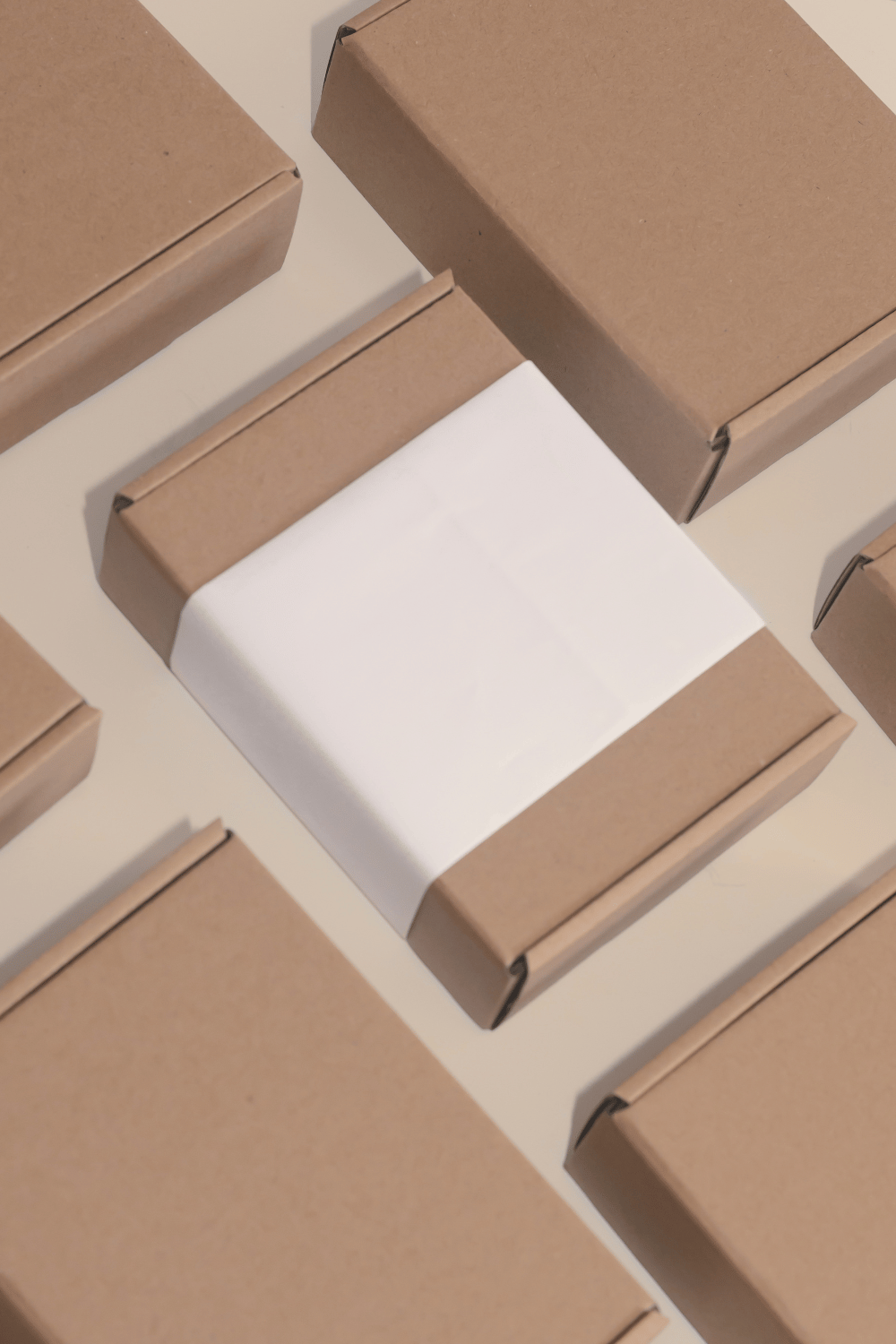Should I Be Avoiding Minoxidil in My Hair Growth Products?
Minoxidil has been in hair growth products for decades, but it is not the right choice for everyone. While there are numerous studies documenting its safety and clinical effectiveness, it is not the only clinically effective solution for hair loss, and it does have rare but sometimes serious side effects. Understanding the side effects and who is at risk for them can help you decide if you should avoid minoxidil.

Personal Preferences & Individual Needs
The primary side effects of minoxidil are temporary hair shedding, scalp irritation, and itching. They can affect anyone, but like many skin irritations, they are more likely to affect those with sensitive skin and a history of reacting to synthetic medications and cosmetic products. That’s why some people choose other hair supplement options over minoxidil-based remedies. There are also more serious side effects that are very rare, and there are also some groups of people who are more at risk for them.
If you have diagnosed scalp conditions like eczema or psoriasis, it is probably a good idea to avoid minoxidil, because its side effects can spiral into a new flare up. Breastfeeding women are also supposed to avoid it because the medication can contaminate breastmilk. The groups that are most directly impacted, though, are chronically ill patients and those with cardiac illnesses. Since minoxidil can cause increased heart rates in some people and those groups are already prone to issues relating to heart rate, avoiding minoxidil is highly recommended.
Lastly, there are perfectly valid reasons to prefer a natural approach to scalp health and hair growth. Even if you are not facing elevated risks from minoxidil, those taking a natural care approach to their hair should have alternatives that suit them as well. Luckily, there are plenty of choices once you know what to look for, like those made by Foundation Skincare. There are also medical alternatives like finasteride that lower DHT to prevent hair loss and encourage regrowth.
Minoxidil-Free Options With Hair Growth Supplements
Those sticking to vegan or all-natural hair care routines often find that hair growth can be stimulated just as well with the right supplements. Often hair loss and thinning is the result of your hair not having the right minerals, vitamins, and other nutrients to keep growing consistently. Using supplements that deliver compounds like biotin, collagen, and antioxidants like Vitamin C has been proven clinically to help grow thicker, healthier hair.
Nutrafol is a popular supplement that contains biotin and other active ingredients that fit this bill, but it is expensive. When comparing other sources of biotin vs. Nutrafol, the key is to check for that ingredient as well as other clinically proven vitamins and natural compounds. The guidepost for finding the right supplement is to remember that you want the compounds your hair already uses to stay strong, like amino acids and vitamin D3.
Can You Use Minoxidil With Hair Growth Supplements?
There is no reason why people who tolerate minoxidil well have to stick to just using a medicated shampoo with that active ingredient. Using a regular hair growth supplement that has additional uses like detangling can help you make your best gains even if you use minoxidil, finasteride, or other medical interventions. Find your path to healthier hair growth today.







